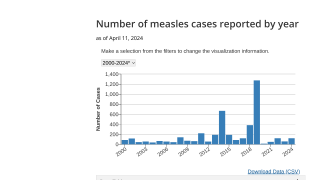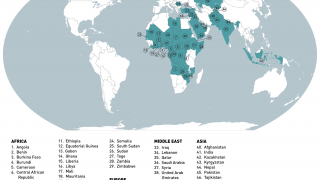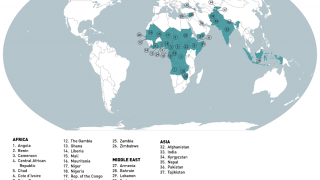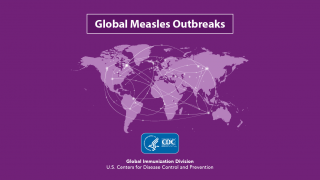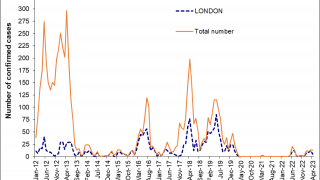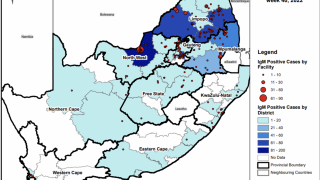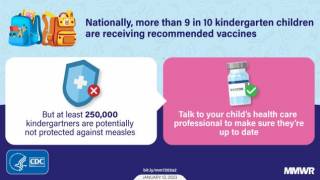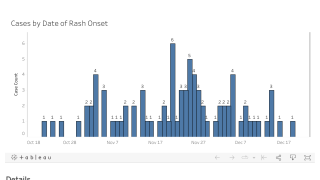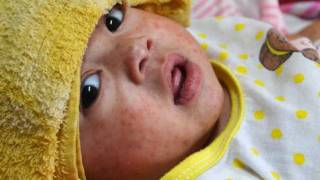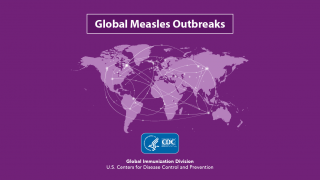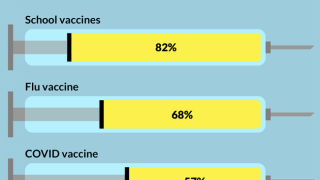Why Do Europeans Believe Autism Vaccination Myths?

A new 38 country study on vaccine misperceptions suggests there is a worldwide communications problem.
According to the Conversation.com, one of the most frustrating vaccine misperceptions is the enduring myth that certain vaccines can cause autism.
This ongoing myth can lead to children needlessly contracting vaccine-preventable diseases.
Have these types of unfounded myths stuck with the public around the world?
Yes, is the answer, says a new study.*
One in every 5 people were found to believe that “some vaccines cause autism in healthy children.”
And, 38 percent were unsure whether that myth is true or not.
Moreover, there are majorities in various countries who think it’s true or are unsure, such as in France (65%), in Britain (55%), and in Italy (52%).
So why do people believe that there actually is a link between some vaccines and autism in healthy children, despite the claims being so widely discredited?
First, it’s a highly emotive issue, since it involves the health of our children.
Second, it involves medical complexity and requires an understanding of science, which people struggle with.
Third, there is also a more subtle effect from “balanced” reporting.
This is where a media item says that while a credible source disagrees with a position, some others still believe it.
As an example, the increase in measles cases in the UK is often related to Dr. Andrew Wakefield’s now discredited claim that the MMR vaccine was related to autism.
This is despite many reviews that fail to find any link, including a 2014 meta-analysis of records from over 1.25m children.
In these environments, the story takes over from reality.
A second example is the Italian parliament approved revised immunization for school-aged children, even while the country of Italy is experiencing a measles outbreak.
Italian families will no longer be obliged to have children vaccinated against common infectious diseases after Italy’s Senate passed new legislation to suspend a 2017 vaccination law.
Based on the new 2018 legislation, Italian parents will not have to provide any proof of vaccinations prior to enrolling their children in nurseries or preschools for 1 year.
Doctors have warned that this amendment might invert a positive vaccination trend that saw Italy's inoculation coverage rising after spending years lagging behind the World Health Organization's (WHO) recommended 95% coverage level to ensure "herd immunity."
According to the WHO, only 4 of 30 EU/EEA countries have reached the 95 percent target for both the 1st and 2nd doses of a measles vaccine during 2017.
Which indicates, the measles vaccination myth may be winning, and people’s health is at risk.
“The alleged link shows no signs of letting up. As a result, we've seen deadly and disabling outbreaks of vaccine-preventable diseases around the world,” said Dr. Peter Jay Hotez, from the Baylor College of Medicine, and author of 'Vaccines Did Not Cause Rachel's Autism: My Journey as a Vaccine Scientist, Pediatrician, and Autism Dad'.
* Detailed study data available upon request.
Our Trust Standards: Medical Advisory Committee



